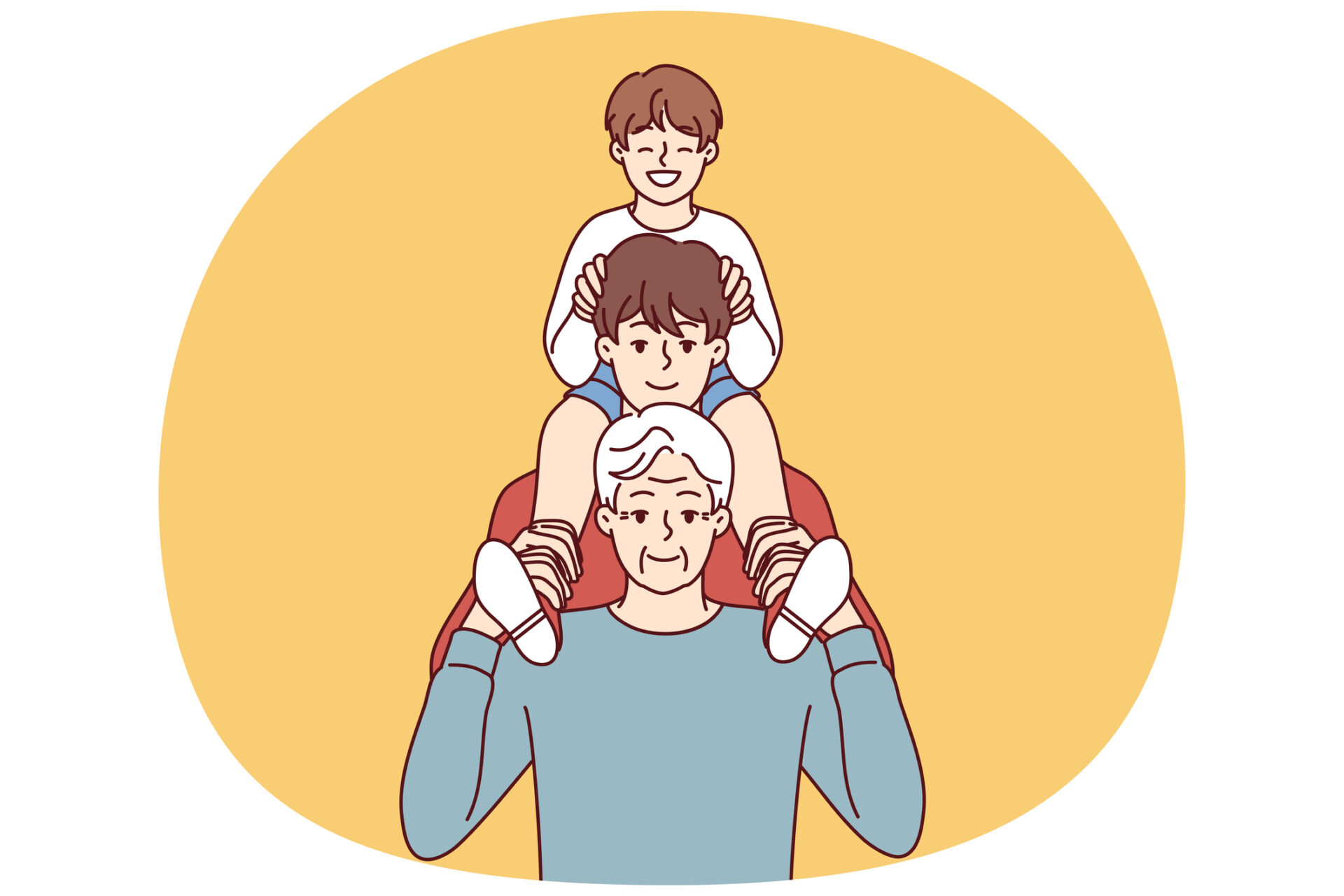More and more retirees are financially supporting their adult children than ever before.
Balancing Goals
If you speak with a group of average retirees or soon-to-be-retirees today, you will find a lot of variance in the goals and ideas for what they want their retirement to look like. They may want to see the world, buy a vacation home on a lake, or dedicate their time to charity and giving back to the community (or even a combination of all three!). Regardless, almost every retiree we work with has a couple things in common: they want to ensure they do not run out of money, and, if they have children and grandchildren, they want to see them become successful. These goals can be conflicting at times, depending on the level of help or support they plan on providing for their kids.
So, how do we navigate retirement while meeting both of those goals?
One of the best gifts you can give your kids is to help them attain their own independence. To be clear, that does not mean you should not help them out along the way; in fact, it often means quite the opposite if you have the financial means to do so! There are many different ways to support your kids while still passing along to them the desire and ability to be independent. When having these kinds of planning conversations with my clients, the first thing we discuss is their capacity to give; I want to make sure that we are not putting their retirement and financial plan at risk.
Projecting Future Needs
A few years ago, I met with a prospect who told me that her only motivation in life was to provide for her daughter financially – both now and in the future. While this prospect had enough money that she could have retired, she was still working long hours well into her late 60s. She was effectively eating rice and beans in order to provide a significant amount of financial support for her daughter in the present and to maximize the amount of money she could leave as a legacy in the future. As admirable as her goal was, I think there is a happy medium out there where she could have helped her daughter while still allowing herself to retire and enjoy the fruits of her 40+ years of labor.
While this prospect may have been an extreme example, there is a common trend among the Baby Boomer generation to provide significant support for their adult children. According to a research study done by Pew Research Center, 64 percent of adults say children should be financially independent by age 22; however, only 24 percent of adults that age are actually independent. If we look at parents with children aged 18-29, nearly 60 percent say they provided financial support in the past year. On top of that, about 15 percent of adult children between ages 25-35 are living with their parents.
With the cost of housing, healthcare, and even groceries soaring the past few years in particular, I do not think it is surprising at all to see that “empty nesters” do not always stay that way for very long. At the same time, those rising costs make it harder on parents to support adult children.
I love seeing the care and help that the Baby Boomer generation puts towards their kids, and the conversations about helping them are some of the best that I get to have with my clients. That said, in my role as a financial advisor I want to be sure that while I am doing everything I can to help my clients meet their goal of helping their children, I am also planning so they can live comfortably in their retirement without fear of running out of money. To do that, we frequently have conversations about setting children up for financial independence that will serve them both today and well after their parents pass away.
Tools for Financial Independence
Once we have reviewed the client’s own financial needs, we look at the different ways they can provide financially. One strategy we have employed for clients with adult children who are employed is to help fund Roth IRA contributions. Usually adult children who are early into their careers are in a pretty low tax bracket, and contributing to Roth IRAs at an early age allows for the contributions to compound for many years. Being in a low tax bracket also implies their income is rather low, and funding retirement savings can be difficult when balancing rent payments, rising grocery costs, and other necessities of life. Making those Roth IRA contributions on their behalf will pay dividends over 30–40 years (pun intended).
We have also helped many clients set up Section 529 plans for the benefit of their grandchildren, particularly in cases where their children have less need for help in the here-and-now. Education costs have soared over the last 20–30 years, and we do not expect that will change any time soon.
Even with successful, independent adult children, there are times when they still need more immediate help with things like housing. In those cases, I have helped clients set up rental agreements with their kids. This serves to provide a home for the kids to live in while also helping them create sustainable habits related to housing, like paying rent, with a more friendly and understanding “landlord.” If you do not need the cash flow from these payments for your day-to-day life, you could even plan to gift those funds back when they move out in the form of retirement plan contributions, education plan contributions, or even in cash towards a down payment for a home.
With more and more of the Baby Boomer generation retiring and the continued rise in cost of living, I expect we will see the trend of parents supporting their adult children also continue to rise for the foreseeable future. My goal as an advisor is to help my clients meet their personal financial and retirement goals as well as to help them help their kids as much as possible in the short-term by offering financial assistance and in the long-term by helping them build financial independence. If you are considering helping your adult children, work with your financial advisor to build a plan that prioritizes all of your goals, whether personal or oriented towards your legacy
Jacob Yocco, CFP®












